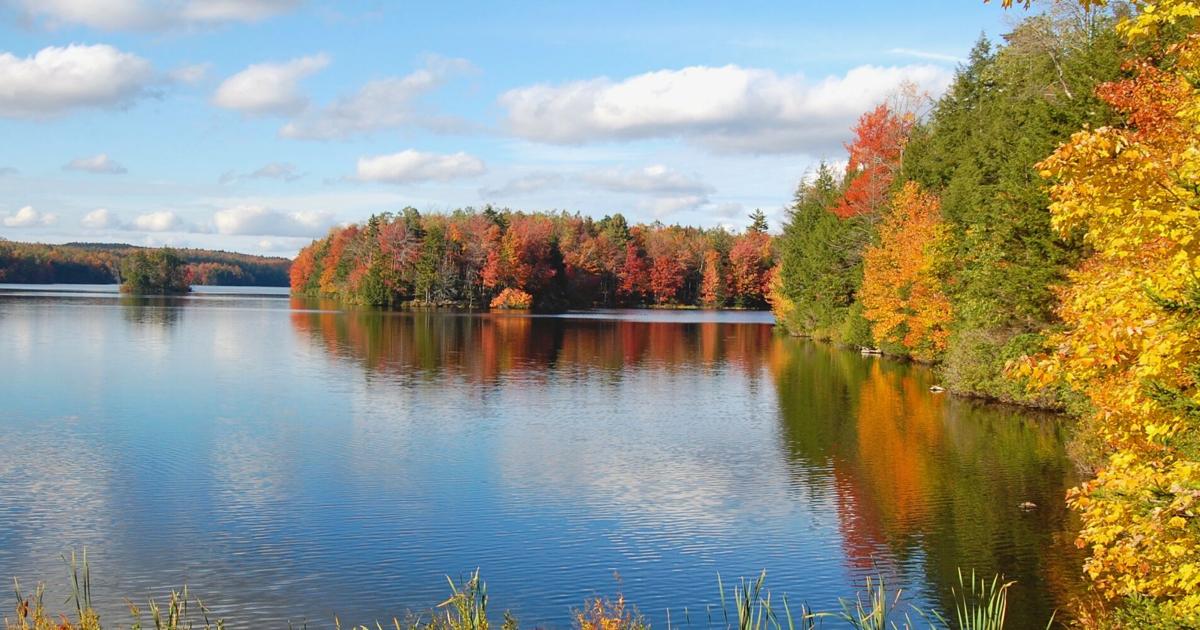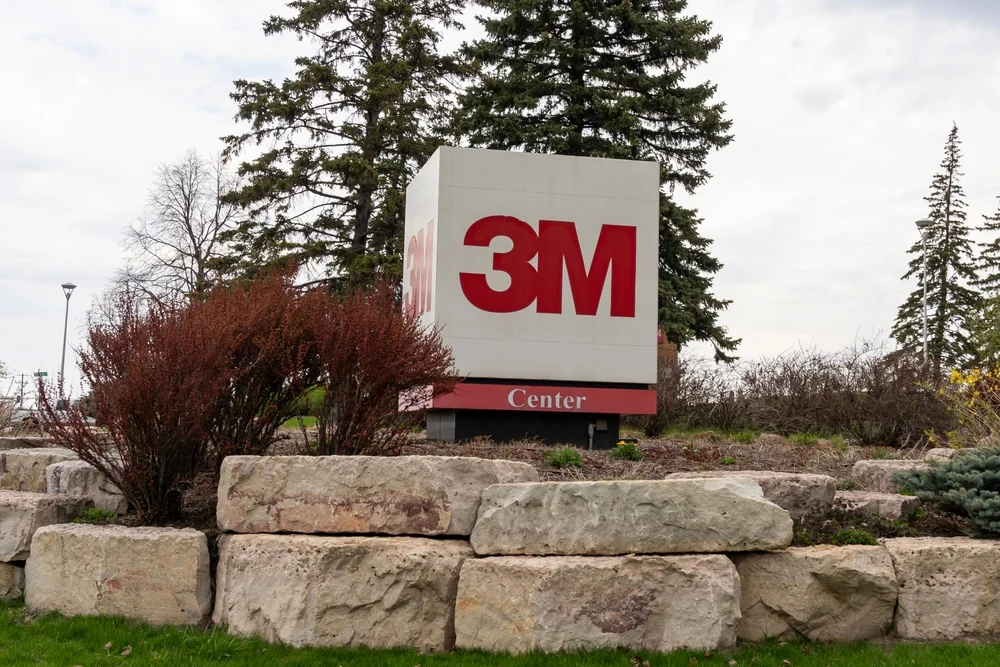Copyright berkshireeagle

BECKET — A pristine 850-acre woodland retreat, the longtime home of the Berkshire Fishing Club on Palmer Brook Lake, is expected to be acquired by Mass Audubon to create a new wildlife preserve and what would be its second largest in Berkshire County. The nonprofit, New England’s largest nature-based conservation organization, has an option to purchase the land and lake from the Palmer Brook Corporation, owner of the property, said the club’s president, Alan Strassler. His family owns the corporation formed in 1967 to purchase the land and create the one-mile long lake. The 20-member fishing club, which closed permanently on Oct. 10, is affiliated with the corporation. “Some club members are in mourning, it’s a gorgeous place,” Strassler said. “They understand it’s been a really good ride, and they all deeply appreciate it, more than just fishing.” Mass Audubon President David O’Neill disclosed the purchase and sale option in a recent Eagle conversation. The cost of the project, including land acquisition and transformation into a preserve as well as maintenance, insurance and other expenses, is estimated at about $8 million, O’Neill said. Mass Audubon’s option on the land extends until February, and the transaction would close no later than June, but most likely sooner, he said. The purchase of the land itself would cost about $5 million, Strassler said, adding that the corporation has maintained the lake in “pristine state all these years” and had no plans to develop the area. “We’ve been trying to figure out what to do with the property, so we’re very excited to partner and work with Mass Audubon and see nature preserved for future generations.” With a business administration degree from the University of Denver and a master’s in wildlife science from the University of North Dakota, Strassler relocated to the Berkshires n 1999 to start the fishing club and has served as its president since then. The forested hideaway with its manmade lake is on Plumb Road about two miles beyond Jacob’s Pillow Dance Festival, roughly 10 miles east of Lee. It’s also adjacent to October Mountain State Forest. The agreement was signed in August for what would be Mass Audubon’s second-largest preserve in Berkshire County, O’Neill said. The largest, Pleasant Valley Wildlife Sanctuary in Lenox and Richmond, encompasses nearly 1,300 acres. “It’s a piece of property we’ve grown to love and share,” said Strassler, a Great Barrington resident. “Nobody wanted to see it developed. It has no houses or jet skis, sometimes when you want to go fishing, you’re looking for peace and solitude. We have geese, loons and bears, it’s a beautiful piece of property.” In addition to the 125-acre lake, the property has “a brilliant forest system,” O’Neill said, noting that 850-acre parcels for preservation are few and far between in Massachusetts. “For 20 years, the land-conservation community has had its eye on this project,” O’Neill said. Past discussions about the fishing club land had involved the Becket Land Trust, the Berkshire Natural Resources Council and state agencies. “The land has challenging issues that we can resolve,” O’Neill said. Recalling his visit to the property last winter, even when it was encased in snow and ice, “it’s a beautiful parcel of land, it’s brilliant.” Plans include developing a trail system while upgrading the existing log cabin clubhouse and parking area, “so we’re not starting from zero,” O’Neill said. He envisioned educational programs such as adult and youth canoeing. Mass Audubon has been awarded a $1.25 million Landscape Partnership Program grant by the Massachusetts Executive Office of Energy and Environmental Affairs to support the acquisition of the property. The state’s Department of Conservation and Recreation has committed an additional $1.25 million to the project. The rest of the cost will be covered by donations through Mass Audubon’s 30/30 Catalyst Fund. The fund’s goal is to protect 30 percent of the land in Massachusetts by 2030 by raising $75 million — so far, $42 million is in the coffers, all since 2023. To achieve the 30 percent land protection goal, about 100,000 acres have to be preserved through private investments and grants. Currently, at least 42,000 acres statewide are protected by Mass Audubon, O’Neill said. “The clock is ticking on this,” he said. “We’re partnering with more local organizations, they are our eyes and ears. The fund allows us to move very nimbly to help organizations protect land.” “The most important thing Mass Audubon can do is to continue to protect and restore land, and provide access to land so people can understand the implications of climate change,” O’Neill said. Protecting nature helps wildlife adapt to those changes, he added. “That helps us address climate change.” In his view, “the biggest bang for the buck to adapt to climate change is protecting and restoring nature, so we’re doing that at Mass Audubon by enormously expanding our land-protection program.” Currently, Mass Audubon has a $50 million operating budget, nearly doubled since 2019. It has 350 full-time staffers, with 900 more during the summer season. O’Neill described the growth as “a representation of Mass Audubon’s impact and people’s belief in the organization.”



